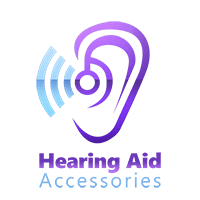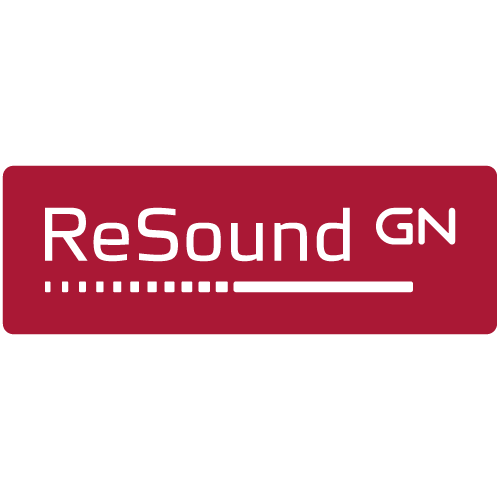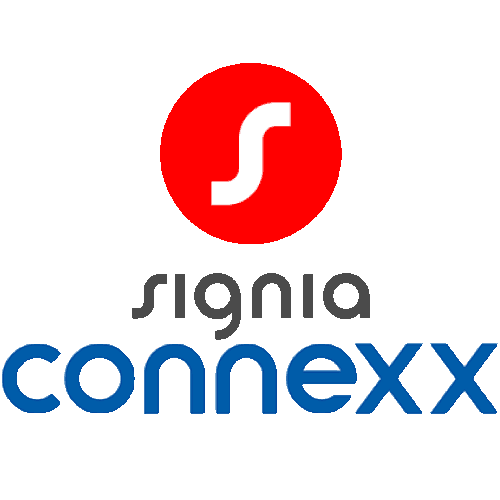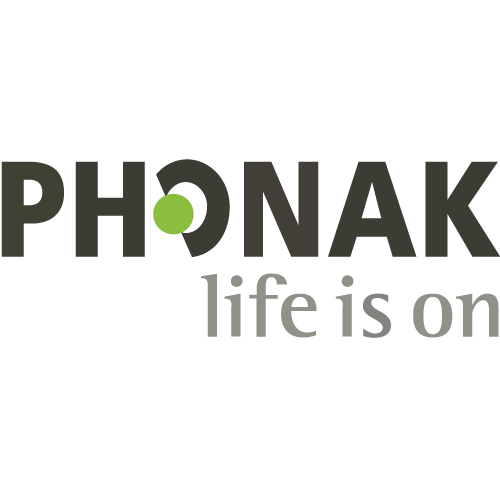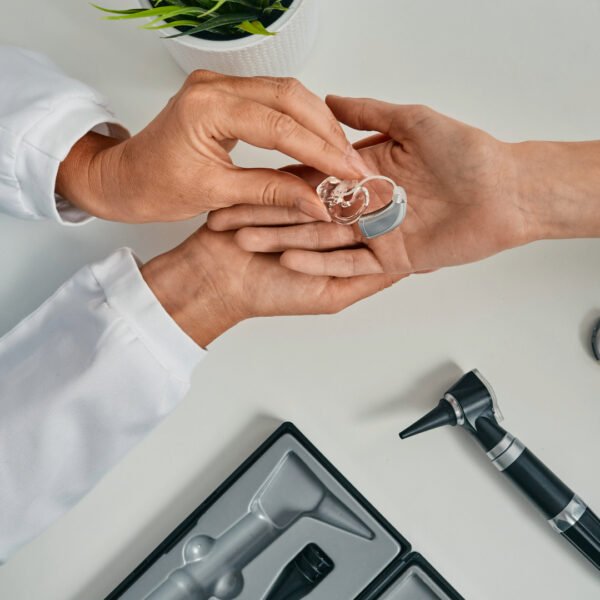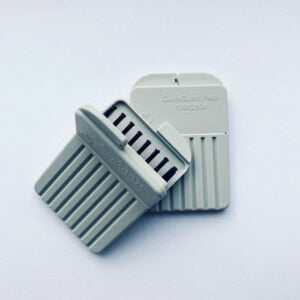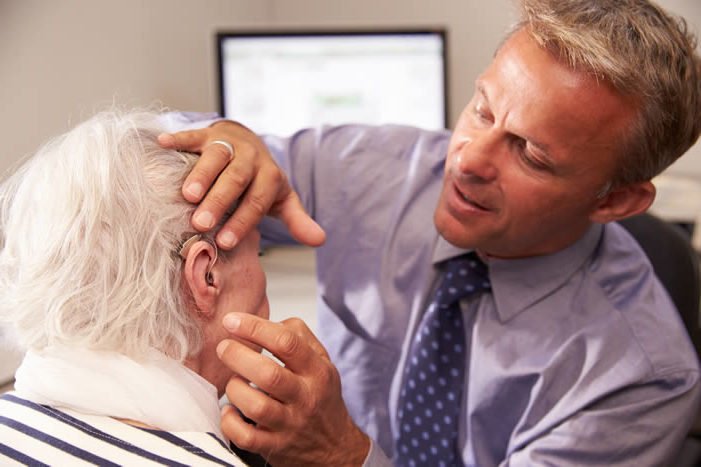When it comes to hearing health, a common query that often surfaces is: “Do I really need assistive listening devices if I only have mild hearing loss?” This question reflects a widespread assumption that mild hearing loss isn’t significant enough to warrant the use of such devices. However, this perspective overlooks a crucial aspect of hearing care — the importance of early intervention.
Understanding Mild Hearing Loss
Mild hearing loss, often underestimated, is defined as a reduction in hearing ability by 20 to 40 decibels. This level can make it challenging to hear soft sounds and parts of conversations, especially in noisy environments. Despite common misconceptions, mild hearing loss is significant enough to warrant intervention. Neglecting it can lead to difficulties in daily activities, such as following conversations in social settings, and can pose safety concerns if important cues like alarms or doorbells are missed.
One of the key challenges faced by individuals with mild hearing loss is staying engaged in conversations amidst background noise. This struggle can result in social withdrawal and frustration. Moreover, there’s a risk of auditory deprivation, where reduced stimulation to hearing nerves and brain areas responsible for sound processing can lead to a decline in the brain’s ability to process sounds and understand speech.
Early intervention with assistive listening devices is crucial not only for preserving the current level of hearing but also for maintaining cognitive functions related to auditory processing. Addressing mild hearing loss is essential for effective communication, safety, and an overall better quality of life.
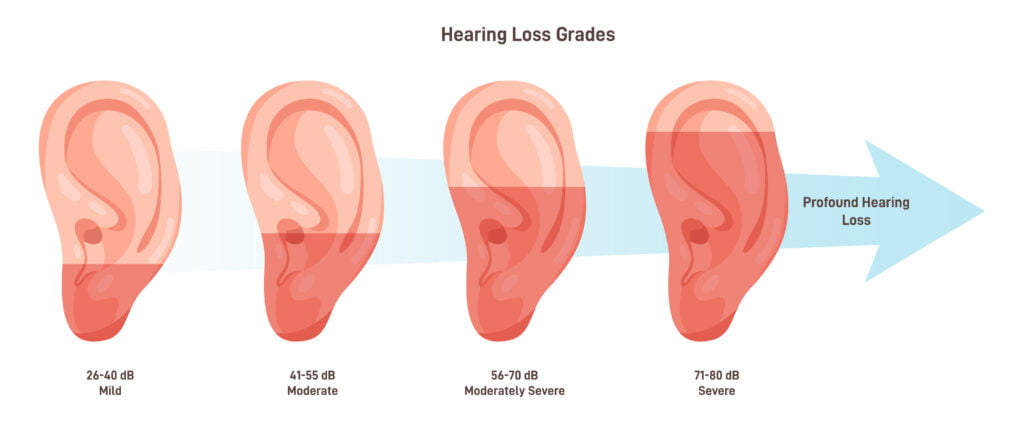
The Role of Assistive Listening Devices
For individuals with mild hearing loss, assistive listening devices, particularly modern hearing aids, are transformative. They significantly enhance daily life by improving speech clarity and reducing background noise, which is crucial for better communication in both quiet and noisy environments.
Key advancements in hearing aid technology have made them more effective and less intrusive:
- Digital Sound Processing and Noise Reduction: Personalised sound adjustments and features like directional microphones help focus on conversations amidst background noise.
- Sleek and Comfortable Design: Modern hearing aids are discreet and almost invisible, addressing past concerns about visibility and comfort.
These technological improvements in hearing aids not only aid in better hearing but also ensure a comfortable and aesthetically pleasing user experience. For those with mild hearing loss, these devices are essential tools for reconnecting with the auditory world, enhancing communication, and enriching daily experiences.
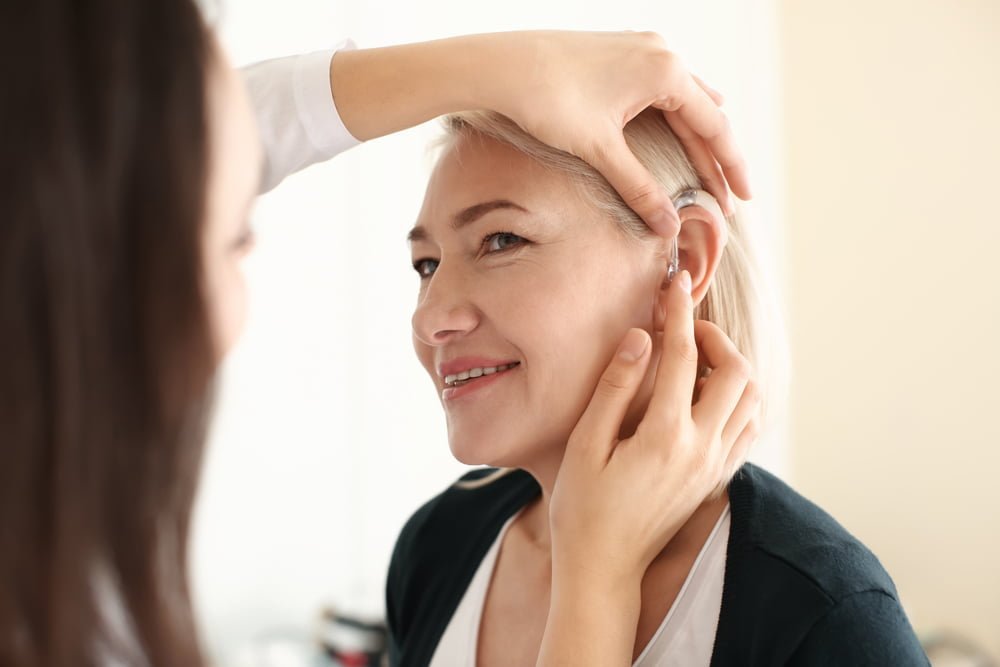
Beyond Hearing Aids: The Benefits of Accessories
While hearing aids are fundamental in addressing mild hearing loss, the addition of specific accessories can greatly enhance the user experience. These accessories are designed to complement the functionality of hearing aids, offering further improvements in sound quality and ease of use.
One key accessory is the remote microphone. This device is particularly beneficial in challenging listening environments, like crowded rooms or public events. The remote microphone can be placed near the sound source, such as a speaker in a lecture hall, and wirelessly transmit clear audio directly to the hearing aid. This significantly aids in speech discrimination, allowing the user to focus on the conversation or presentation without the distracting background noise.
Another useful accessory is the TV streamer. For many, watching television can be a challenge with mild hearing loss, as dialogue can become muddled with background sounds. A TV streamer sends the audio from the television directly into the hearing aids, providing a much clearer and more enjoyable listening experience. This direct streaming ensures that users can enjoy their favourite shows and movies without having to increase the volume to uncomfortable levels.
Other valuable accessories include:
- Charging cases, which offer convenience and ensure that the hearing aids are always ready to use.
- Cleaning and maintenance tools, which are essential for the longevity and optimal performance of the hearing aids and accessories.
These accessories not only enhance the functionality of hearing aids but also cater to specific listening needs and lifestyles, making them vital tools for those with mild hearing loss.
Final Notes
In summary, beyond hearing aids, specialized accessories play a crucial role in enhancing the listening experience for those with mild hearing loss. From remote microphones for clear speech in noisy settings to TV streamers for enhanced television audio, these tools are vital for improved daily auditory interactions.
At Hearing Aid Accessories, we offer a comprehensive range of assistive listening devices and accessories suitable for all levels of hearing loss. Our collection is designed to cater to your specific hearing needs, enriching your life with superior sound quality.
Explore our shop to discover how our products can elevate your hearing experience. We are committed to helping you find the ideal solution, ensuring a clearer and more fulfilling auditory journey.
